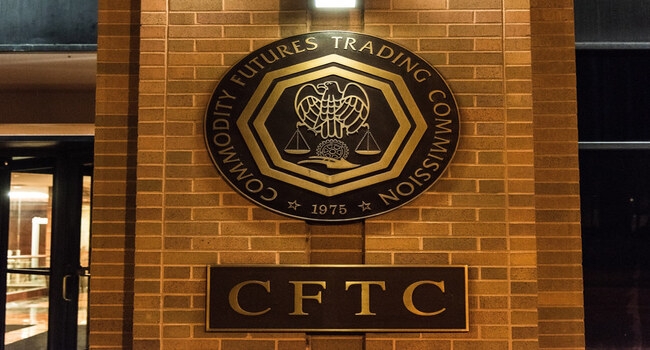Highlights:
- The court has ordered the defendants to pay over $25 million in the My Big Coin crypto scheme case.
- The defendants cooperated in marketing MBC through false statements to investors.
- The CFTC has banned the parties from trading or operating in any digital asset or commodity-related activities.
A federal judge in Massachusetts has ordered two individuals and two companies to pay more than $25 million for running a deceptive digital asset scheme. The Commodity Futures Trading Commission (CFTC) reported the default judgment against Mark Gillespie of Michigan and John Roche of California. My Big Coin Pay, Inc., and My Big Coin, Inc., both located in Nevada, were also included in the ruling made by the court.
U.S. court orders My Big Coin to pay $25.7M for crypto fraud
A U.S. federal court has ordered My Big Coin Pay Inc., a cryptocurrency and virtual payment services company, along with its affiliate and two individuals, to pay $25.7 million in penalties and restitution for…
— CoinNess Global (@CoinnessGL) June 13, 2025
The defendants must pay $19.3 million as a civil penalty and $6.4 million in restitution to investors. The court also banned them permanently from trading or registering in any CFTC-related markets. The order concludes an enforcement proceeding that involved a fraud case against a virtual currency known as My Big Coin (MBC).
The defendants cooperated in marketing MBC through false statements between January 2014 and June 2017. They told investors that the coin was backed by gold and could be traded on active exchanges. However, the currency had no actual value or backing. These misrepresentations convinced at least 28 investors to hand over more than $6 million.
The case also involved Randall Crater, the founder, who already faced sentencing for his role in the same scheme. Another named party, Michael Kruger, was dismissed from the case after his death. The judgment now resolves the claims against the remaining participants.
Crypto Fraud Scheme Misled Investors with False Claims
The defendants used false advertising to convince people to invest in a fake cryptocurrency. They promised that My Big Coin had backing in gold and functioned as a working digital asset. Investors believed these statements and thought their money would grow. Rather, the operation was a sham, comprised of deceit and withholding the truth.
The accused raised millions of dollars by marketing the coin on false claims and misused the funds instead of backing the project. Randall Crater, one of the masterminds behind the scheme, embezzled almost all the money. Authorities charged him in a related case, and he now serves a 100-month prison sentence.
In addition to prison time, Crater must pay over $7.6 million in restitution and surrender the same amount in assets. These funds represented the proceeds of the fraud. The CFTC noted that courts can only issue orders of restitution, but recovery is never guaranteed. Dozens of individuals fell victim to the fraud after believing in the information presented by the My Big Coin promoters. Many of those investors now face the possibility of never recovering their losses. The case shows how easily digital promises can deceive without proper checks.
Permanent Ban Highlights Ongoing Crypto Oversight
The defendants now face permanent bans from any market activity under the CFTC’s scope. They are also not allowed to engage in any commodity interest or digital currency transactions. Such bans are a direct reaction to the harm done by their activity. The ban comes months after the same body banned and issued penalties to Brazilian co-founders of EmpiresX, a fraudulent investment hub.
Best Crypto Exchange
- Over 90 top cryptos to trade
- Regulated by top-tier entities
- User-friendly trading app
- 30+ million users
eToro is a multi-asset investment platform. The value of your investments may go up or down. Your capital is at risk. Don’t invest unless you’re prepared to lose all the money you invest. This is a high-risk investment, and you should not expect to be protected if something goes wrong.






